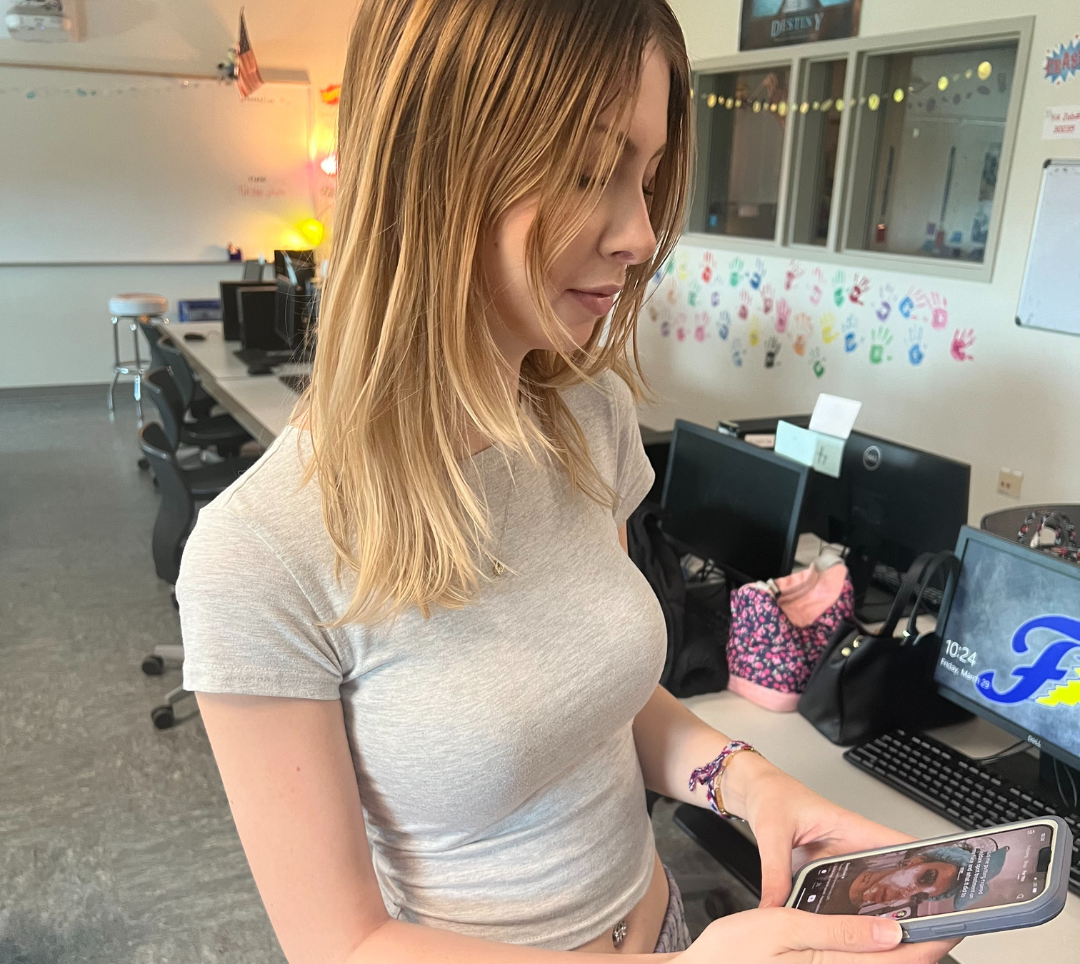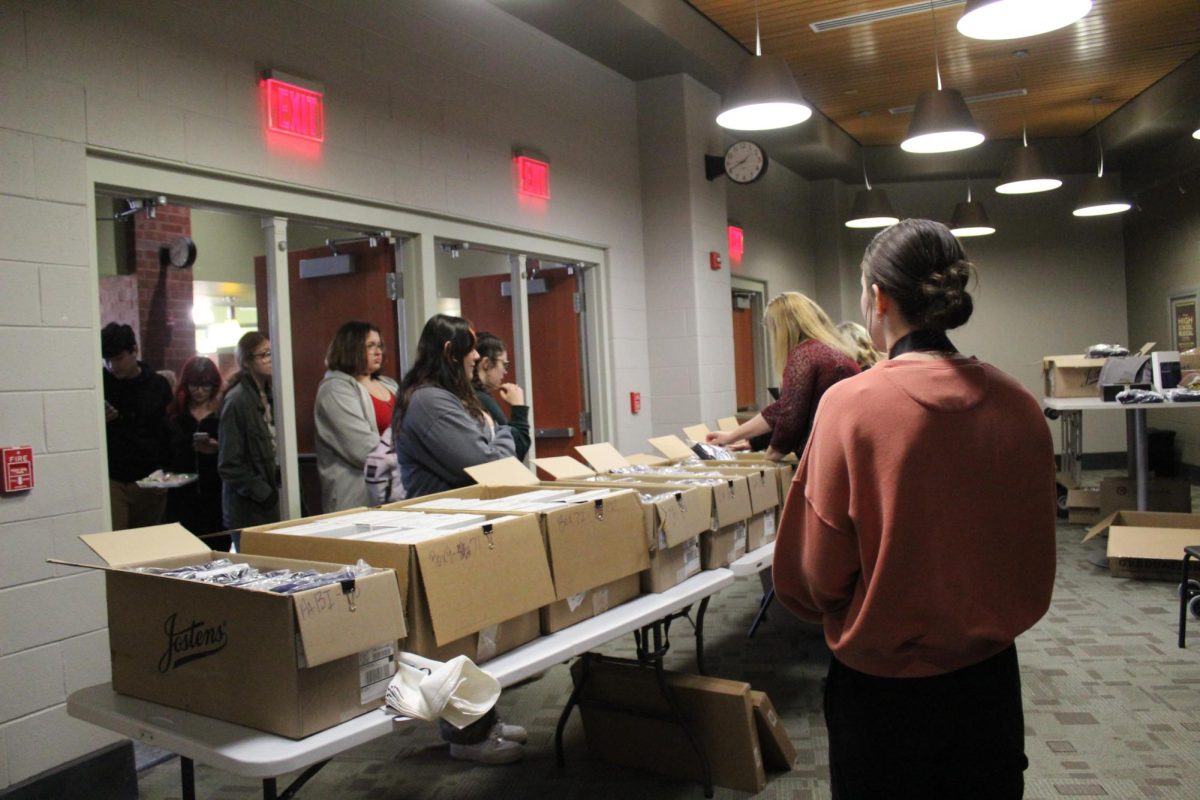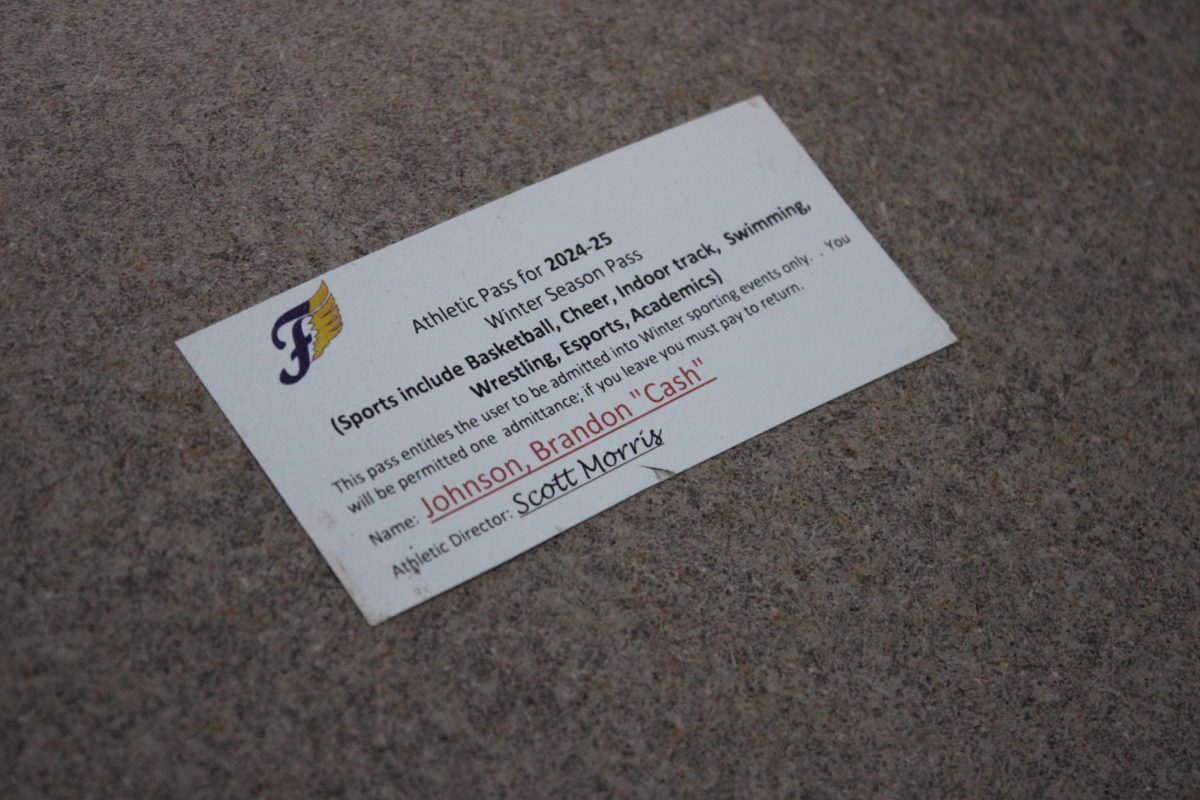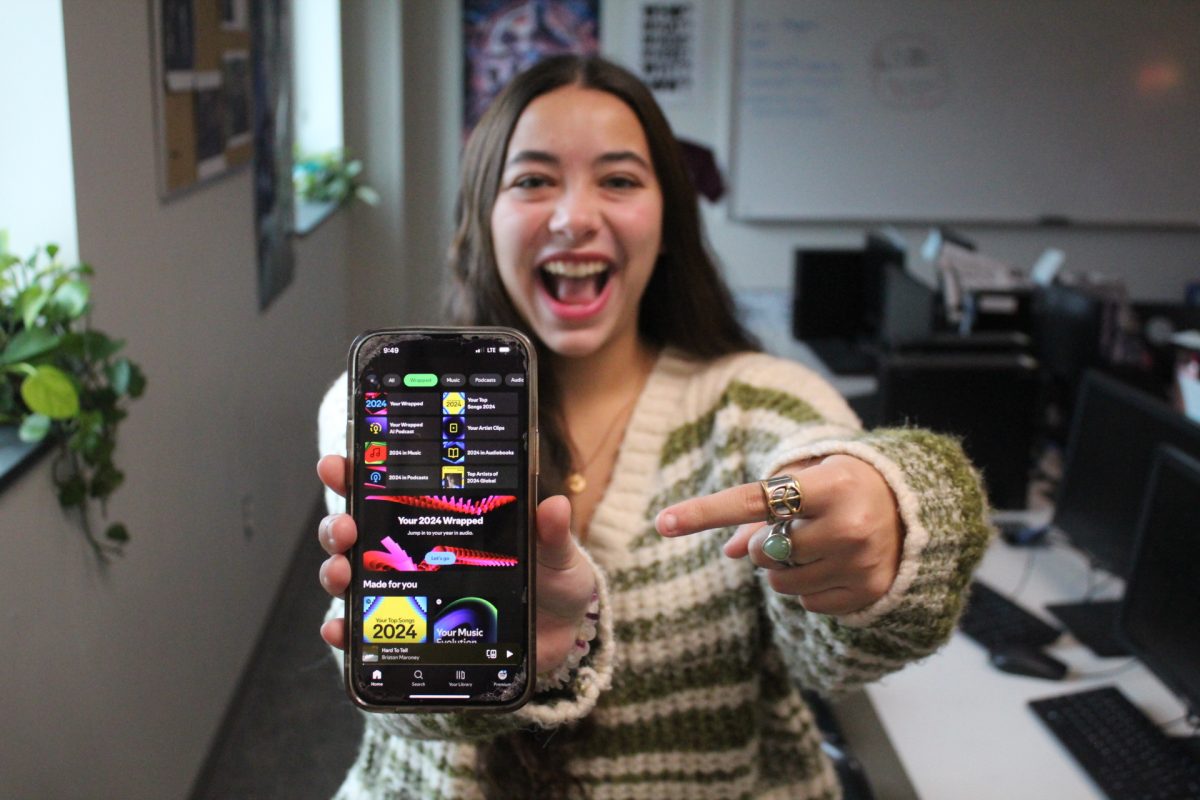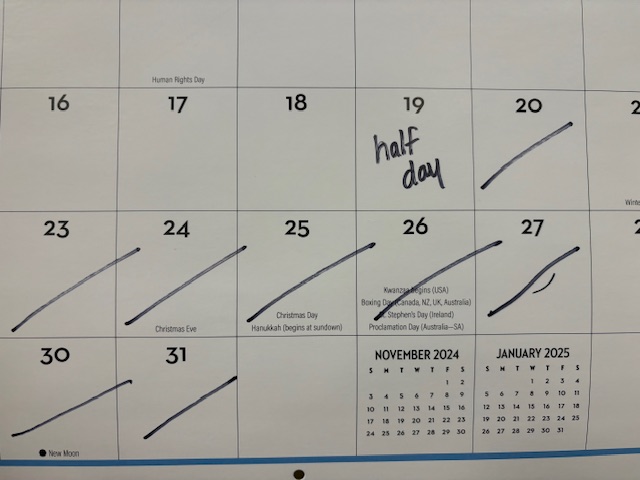A poll posted to the FCHS Journalism @flucojournalism Instagram page recently found that 56 percent of student respondents believe that TikTok has the “most drama” of all the major social media apps. This may not be surprising, considering that TikTok continues to be in the news for a possible ban.
In late summer of 2020, former President Donald Trump and his administration attempted to ban the Chinese-owned app in the United States. Citing security concerns, they claimed that TikTok’s owner, ByteDance, was gathering user data and giving it to the Chinese government. ByteDance claimed otherwise, but TikTok is currently banned from governmental devices in a variety of states, including Virginia. This may soon change.
A current bill in the United States House of Representatives would require ByteDance to sell TikTok to a United-States-based buyer or end all presence in the United States. This bill is extremely controversial, especially with Gen Z. Generation Z, individuals born between the mid-1990s and 2010, are the largest demographic on TikTok, according to Statista. These users tend to be opposed to a TikTok ban because they use TikTok as a source of constant daily entertainment.
“If I don’t have TikTok, I don’t know what I would do on my phone because TikTok is really entertaining,” said senior Jaden Roberts.
TikTok has also faced controversy over its reputation as a news source. Pew Research found that over 30 percent of adults ages 18 to 29 regularly get their news information from the app. Critics have claimed that this information is incorrect or biased because of ByteDance’s Chinese origin. Yet users do not necessarily agree with this statement.
“I think TikTok gives out pretty accurate information. It is just certain people on TikTok that try to put false information out there,” said junior Kameren Green.
TikTok’s critics also claim that the algorithm and coding used in the app allow ByteDance to access personal information about users, such as their exact location, approximate household income, contents of text messages, age, and more. They then allegedly use this data like any other social media platform: to give users targeted ads.
However, according to the United States Public Interest Research Group, TikTok’s use of data is no different from other apps, especially other social media apps like Facebook and Instagram. Nevertheless, many public officials do not agree, hence the bill.
Clearly, most students are not as wary as politicians in regards to TikTok’s access to their information. For a generation that has grown up in a world of targeted advertisements and data tracking, TikTok is just another app.
“I can see how people can think that TikTok could take our data and do something bad with it, but what are they going to do with what we watch for entertainment? I don’t think they can really do much even if they did get our information,” said senior Avery Blackburn.
Some students even believe a ban would benefit them. This is especially true for those who spend hours on their phones and are looking for a detox.
“I’m always on TikTok and if it got banned I wouldn’t be on my phone as much, to be honest. It wouldn’t be the worst thing because it would make a lot of people not use their phone for hours,” said senior Kevin Gomez.
The bill to ban TikTok or force it to find an American owner passed in a bipartisan, 352-65 vote in the House of Representatives on March 13, according to an article from the New York Times. The bill next heads to the Senate for another round of voting. If it passes, President Biden has stated he will sign the bill into law.
At FCHS, however, you are more likely than not to come across students who find no fault with TikTok and do not believe–or do not care–that it tracks their data.
“I don’t think TikTok is going to take my data and do anything wrong with it,” said junior Daniel Alvarenga. “It’s just an app that is for entertainment.”

